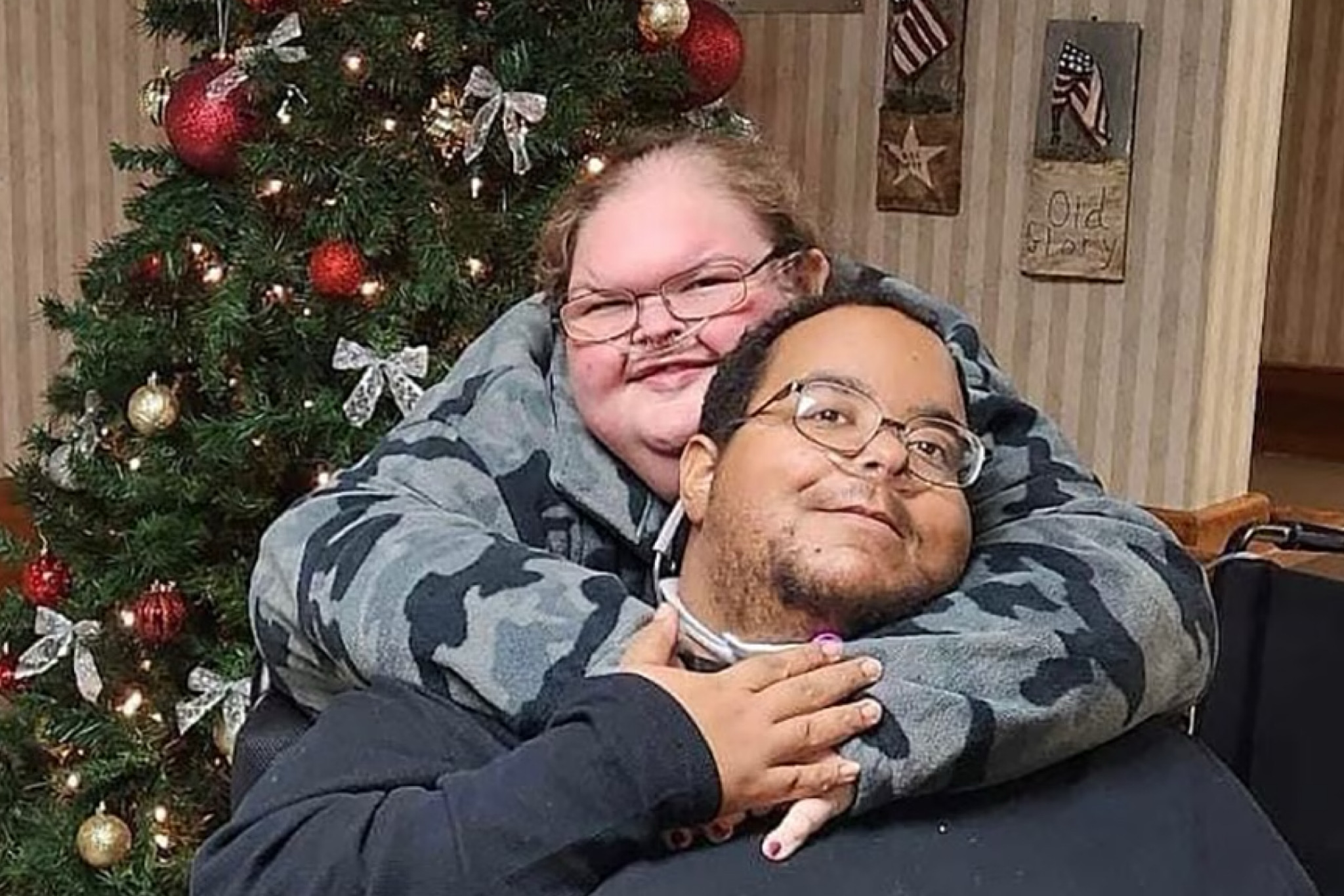Three Cracker Barrel employees who refused to serve special needs students have been terminated.
This followed an incident on Tuesday, December 3rd, when a group of 11 students and seven staff members visited the Cracker Barrel in Waldorf, Maryland, as part of community-based instruction (CBI). This initiative allows students with special needs to practice real-world skills learned in the classroom. According to Maria V. Navarro, Superintendent of Charles County Public Schools (CCPS), the students were informed that no reservation was needed, yet they were denied service despite school staff notifying the restaurant in advance of the group’s size.
The dismissed employees included the General Manager of the store. In response to the incident, Cracker Barrel released a statement on December 5th detailing the measures taken to rectify the situation.
“Senior Cracker Barrel executives met on Monday with leadership and teachers from the school as well as the parent community to hear their concerns directly,” the statement read. The company outlined steps to address the issue, including an internal investigation with interviews of guests and employees, the termination of the three team members, and the implementation of specialized training for staff at the Waldorf location.
Cracker Barrel also acknowledged that the refusal of service was due to unexpected staffing shortages, explaining that a group of 18 arrived during a period when the restaurant had partially closed its second dining room.
“Our missteps last week were unfortunate but were unrelated to the student’s capabilities,” the company stated, emphasizing that operational protocols were not followed correctly, leading to misunderstandings. In a previous statement, Cracker Barrel reiterated its commitment to a zero-tolerance policy against discrimination and offered to work with CCPS staff to provide disability awareness training for employees.
The incident prompted emotional responses from affected families, including Dustin Reed, whose 7-year-old nonverbal daughter was present during the visit. Reed expressed heartbreak at the group’s experience, describing how they were relegated to a carry-out order and sidelined without proper attention.
Elise Horne, another parent of a nonverbal, autistic son, noted that the apology from an executive seemed more focused on the community’s perception rather than a heartfelt acknowledgment of the discrimination the students had faced.



